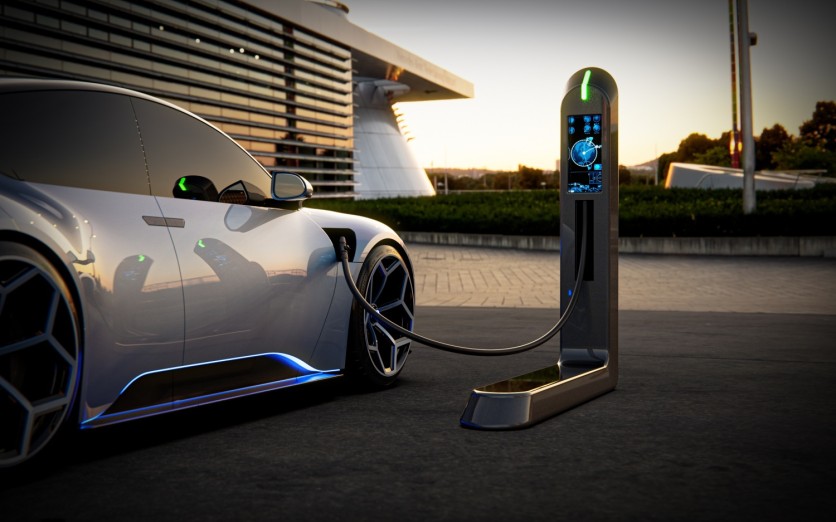California is urging the Biden administration to expedite the electrification of vehicles by 2035, requiring all new vehicles sold in the state to be electric or plug-in electric hybrids.
This proposal, aimed at accelerating the transition away from gasoline-powered vehicles, was detailed in a letter obtained by Reuters.
The California Air Resources Board (CARB), which granted approval to the plan in August, has formally requested the Environmental Protection Agency (EPA) to grant a waiver under the Clean Air Act.
This waiver would enable the implementation of new regulations, setting progressively increasing requirements for zero-emission vehicles starting in 2026 and ultimately phasing out the sale of gasoline-only vehicles by 2035.

Phasing Out Gasoline-only Vehicles
According to CARB Executive Officer Steven Cliff, the introduction of these vehicles will effectively replace emissions generated by traditional vehicles. Cliff emphasized that motor vehicles and other mobile sources play a substantial role in California's overall emissions.
The Biden administration has yet to endorse a specific date for phasing out gasoline-only vehicles, but the EPA has assured that California's request will undergo a thorough and transparent evaluation, following the established public process.
According to an EPA proposal released in April, automakers are projected to manufacture 60% electric vehicles (EVs) by 2030 and 67% by 2032 to fulfill emission requirements.
These figures stand in stark contrast to the mere 5.8% of vehicles sold in the United States in 2022 that were electric.
California's ambitious regulations on zero-emission vehicles aim to achieve a 25% reduction in smog-causing pollution from light-duty vehicles by 2037.
According to the regulations, starting from 2026, a minimum of 35% of newly sold cars must be plug-in hybrid electric (PHEV), EVs, or powered by hydrogen fuel cells. This percentage will gradually increase, reaching 68% by 2030 and ultimately reaching 100% by 2035.
The comprehensive waiver request submitted by California spans 60 pages and projects a cost of $210.35 billion for the implementation of the zero-emission rules until 2040.
However, the estimated total benefits are expected to surpass the costs, amounting to $301.41 billion.
Read Also : NIO Suggests Unique Approach to Replace EV Batteries, Swapping Depleted Batteries for New Ones
Several States Follow Suit
Several states have embraced California's stringent electric vehicle regulations, surpassing the proposals put forth by the Biden administration.
In recent weeks, Rhode Island aligned with Massachusetts, New York, Oregon, Vermont, Virginia, and Washington by adopting the California requirements.
By 2035, CARB's regulations would grant automakers the flexibility to sell a maximum of 20% PHEVs, provided they meet the minimum requirement of a 50-mile all-electric range label. This approach facilitates a transitional phase while encouraging the widespread adoption of electric vehicles.
The electrification of vehicles is a crucial step towards reducing greenhouse gas emissions and combating climate change.
California's bold push to fast-track the electrification of vehicles sets a precedent and could serve as a catalyst for similar actions across the country.
By phasing out gasoline-only vehicles and promoting zero-emission alternatives, California aims to create a cleaner and more sustainable transportation future.
Related Article : Lexus Unveils First All-Electric RZ 450e, Beginning Transforming Into All-electric Brand: Here's What it Offers

ⓒ 2025 TECHTIMES.com All rights reserved. Do not reproduce without permission.




